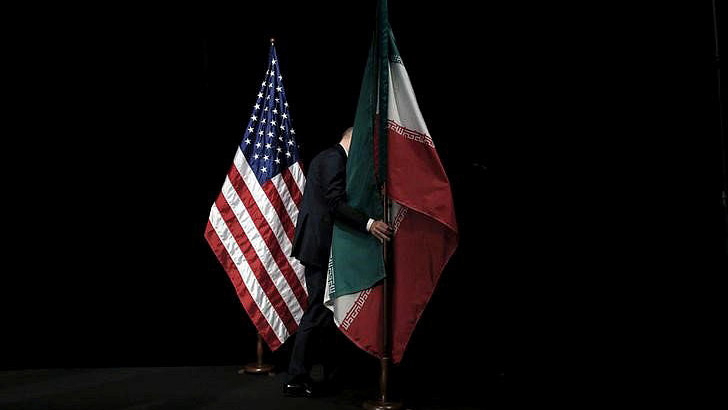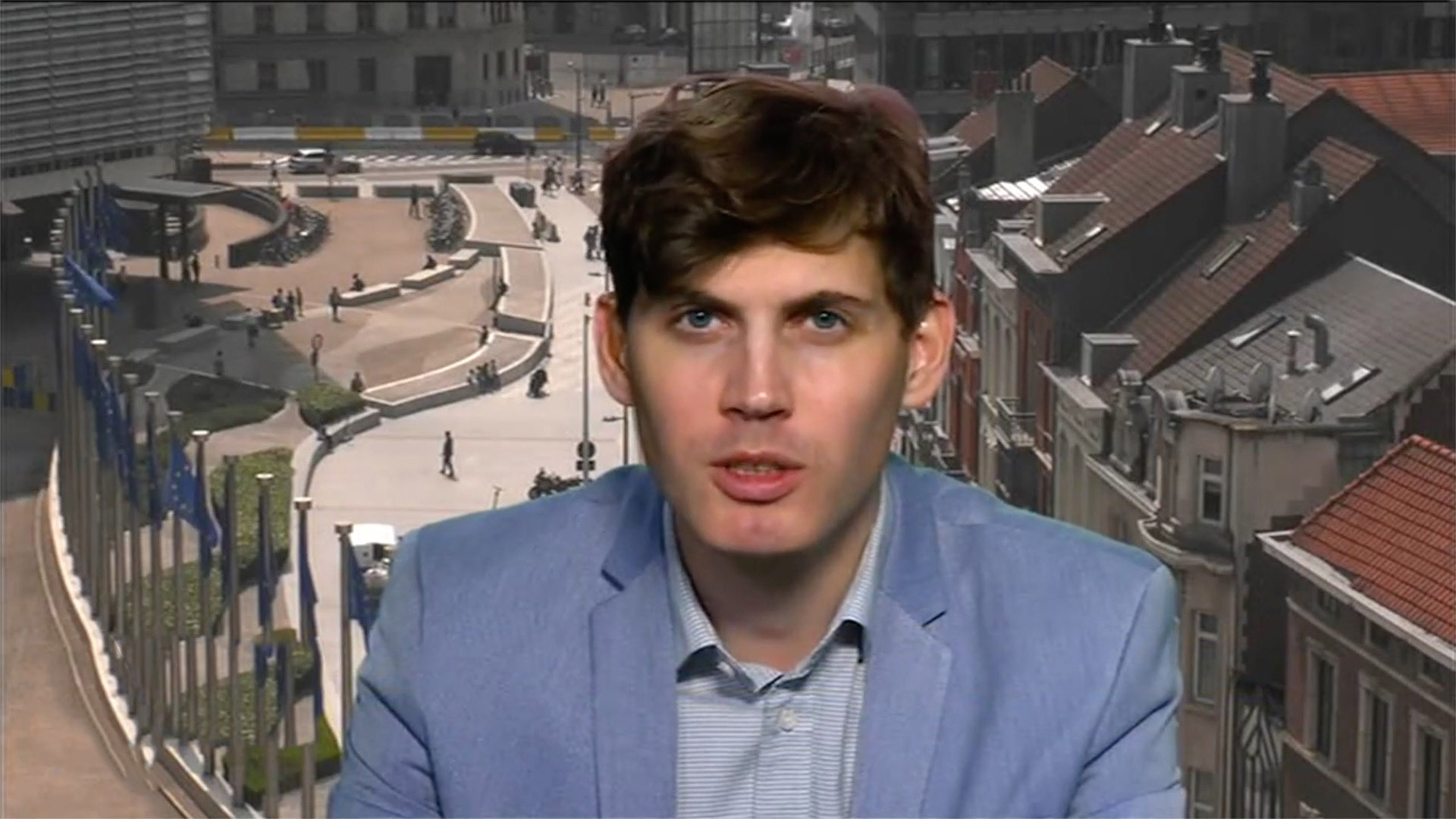

Amid growing tensions between the U.S. and Iran, on July 17, two U.S. Defense Department officials revealed that the U.S. government is sending 500 troops to Saudi Arabia for deterrence.
Facing with the extremely sensitive and volatile situation, the European Union found itself dragged into a dilemma between Washington and Tehran.
Though the Europeans are seeking to preserve the Iran nuclear deal for their own stability and security, they are also concerned about being powerless in dealing with the transatlantic trade conflicts and military threats by the U.S.
"I think now all response from EU towards the U.S. is a choice without any other options," Cui Hongjian, the director of the Department for European Studies at China Institute of International Studies, told CGTN.
"At the very beginning of the U.S.' withdrawal from the agreement, EU actually felt angry about it because the Iran nuclear deal has been regarded as a very big achievement for many EU major powers and multilateral cooperation. At the same time, some more sanctions imposed by Washington towards Iran also touched deeply the interests of European countries in Iran," Cui added.
Cui claimed that the EU has put in a lot of effort to keep Iran in the deal during the entire process, but has difficulty further challenging the U.S. as the tension rises.
"So I think European side is trying to find two hands or approaches to deal with the issue. On one hand, it tries to protect its own interests in Iran and the Middle East, for example, to keep the stability of this region because this will be directly related to the migration or security issues in Europe. And on the other hand, the European side has to take more pragmatic approach to deal with any proposal from the U.S," Cui told CGTN.

"I think the UK government is committed to avoid a war between the U.S. and Iran. Actually their new likely prime minister Boris Johnson said he's very much against the war with Iran. I think he's right and there's a consensus in Europe that this has to be avoided at all costs," Pieter Cleppe, head of the Brussels office of Open Europe, told CGTN.
Cleppe also pointed out that only when Iran stops developing its nuclear capacity that tensions with the U.S. and Iran will be fully eased.
"Even if the U.S. would completely back out of this and no longer escalate, we still have Israel. Israel is very much concerned as well that Iran would be developing the nuclear bomb, which only takes 9 months to 1 year, according to the experts. So I think ultimately Iran has to understand that it's not in its interest to escalate by continuing the nuclear capacity," He added.
(If you want to contribute and have specific expertise, please contact us at opinions@cgtn.com.)

Copyright © 2018 CGTN. Beijing ICP prepared NO.16065310-3
Copyright © 2018 CGTN. Beijing ICP prepared NO.16065310-3